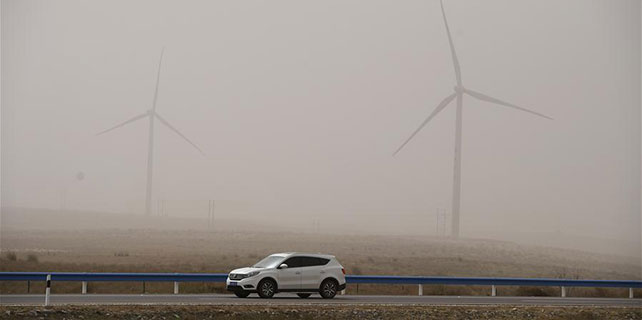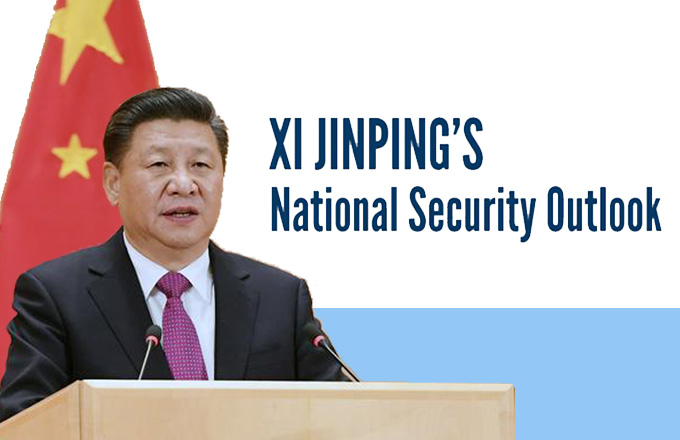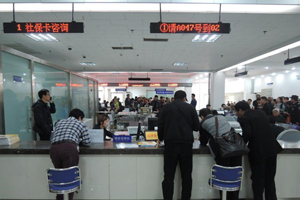Xi demands enhanced supervision over reform efforts
BEIJING -- Chinese President Xi Jinping on Tuesday stressed the role of supervision in implementing reforms, demanding such work be carried out in a wider and deeper scope to detect and solve problems.
All departments and localities should attach greater importance to delivering reforms and devote more efforts to examining reform effect, Xi said during the 34th meeting of the Central Leading Group for Deepening Overall Reform, which is headed by him.
Regarding major reforms and "intricate matters," authorities should review the results, according to a statement released after the meeting.
The group called for timely corrections to problems uncovered during supervision and those found making insufficient efforts should be called to account.
Leading departments and local authorities should regularly track reform implementation and report the effects, the statement said.
The group also passed a slew of guidelines and plans, including more policy support for new agriculture business models.
The leading group pledged favorable tax policies, better infrastructure construction, improved financial services and wider insurance support to foster new types of business models in rural areas.
Stressing the role of entrepreneurs, the group promised to create a fair legal and market environment to bring out their creativity.
Regulatory mechanism on money laundering, financing for terrorists and tax fraud should be improved, and regulations should be enhanced to "significantly" reduce the categories and volume of waste imports, according to the statement.
The meeting was also attended by Li Keqiang and Liu Yunshan, members of the Standing Committee of the Political Bureau of the Communist Party of China Central Committee and deputy heads of the group.
- Supply-side reform reaps healthy return
- China launches reform of Chinese 'green cards'
- Innovation imperative to supply-side reform
- Contract dispute between the government of Jiuzhi County, Jiuzhi County Development, reform and Economic and Commercial Bureau, Wang Huazuo, Peng Yonglu and Jin Bingcheng



















